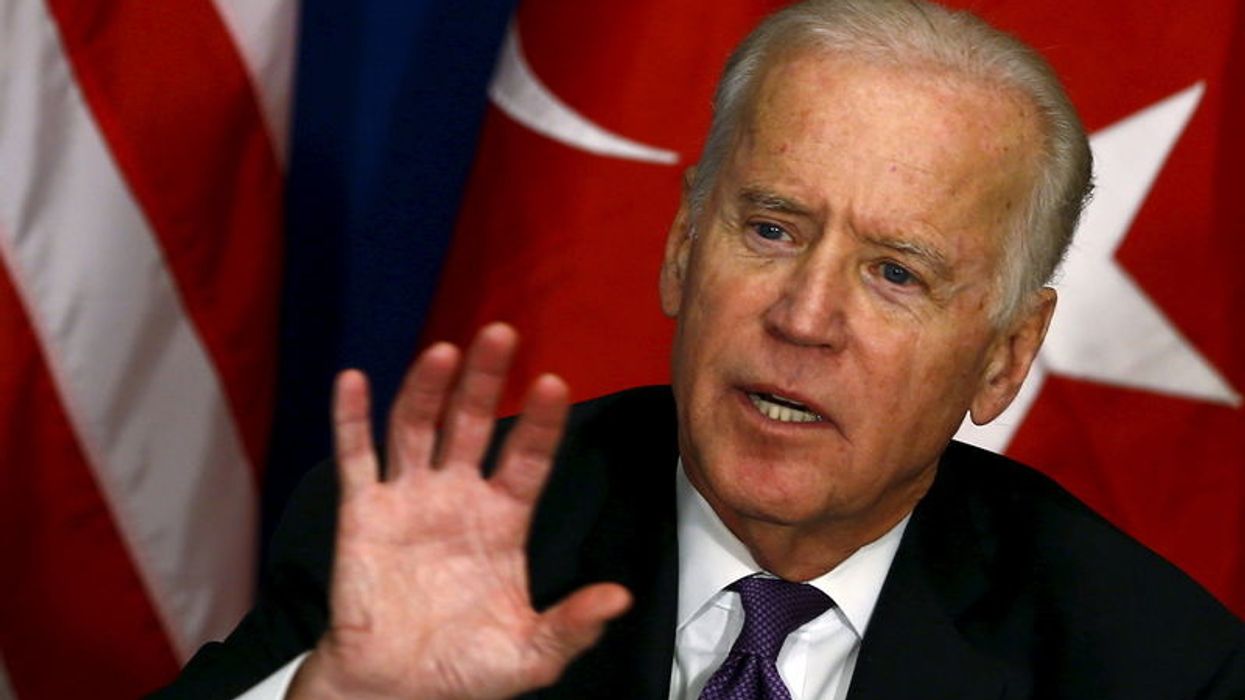Trump's Debate Debacle Is Shock Therapy For Distracted Voters
As we tuned into the big debate, the Trump camp was peddling the claim that Haitian immigrants in Springfield, Ohio, were eating people's dogs and cats. When the debate turned to the subject of immigration, Donald Trump jumped on that hallucination without prompt.
"In Springfield, they're eating the dogs!" he howled. "The people who came, they're eating the cats!"
The split screen showed Harris initially laughing at the lunacy. Then her face screwed up with the concern of a psychiatric nurse.
There are no credible claims of dogs, cats or other pets being eaten by immigrants in Ohio. A debate moderator inserted that modest fact check. His source was Springfield's city manager, who would know.
Nurse Ratched is a character in One Flew Over the Cuckoo's Nest, the Ken Kesey novel made into a movie then a Netflix series. The head nurse in a mental institution, Nurse Ratched exerted authoritarian control over the patients, enforcing rules. Harris could have channeled that disciplinarian at the debate, herding Trump's outlandish statements into a padded cell with a strong hand.
Harris further tormented Trump by noting his references at rallies to Hannibal Lecter, the fictional psychiatrist and serial killer. Lecter was a cannibal who ate his human victims, never mind dogs.
She baited him into meltdown over the crowd size at his rallies. Of course, she was going to do that. And he responded with what shrinks might call "a dissociative episode," a means to cope with the overwhelming stress of hearing that some of his rallygoers left early.
Trump went on about the 75 million people who voted for him. Harris pointed out that 75 million is less than 81 million, the number who voted for Joe Biden.
"Donald Trump was fired by 81 million people," she said. "Clearly he is having a very difficult time processing that."
Harris used the words "tired" and "old," leaving out the word senile. Trump had repeatedly referred to Barack Obama as his 2024 opponent at a time that Biden was the presumed candidate. And he has confused Nikki Haley with Nancy Pelosi. We call these episodes memory lapses.
At a certain point, Harris had to say, "It's important to remind the former president, you're not running against Joe Biden. You're running against me."
Immediately after the debate, Harris called for another one. Serious commentators opined that if Trump went for round two with her, he'd have to prepare. This is something he's known not to do and for which he may lack the mental capacity. Staffers working for Trump at the White House say that when they tried to hand him simple one-page summaries, he wouldn't read them. Or couldn't.
In the reality-based world, a new report has inflation slowed to 2.5 percent in August — another reason the Federal Reserve is expected to soon lower interest rates. Violent crime is way down. The Southern border is now calm.
And dogs trot the streets of Springfield, Ohio, unthreatened by hungry migrants.
You can't "sane wash" this guy, as much as some Trump supporters, real or paid, may try. This debate treated Americans to an informal forensic psych eval of Donald Trump. Such assessments are used to determine an individual's competency to stand trial.
As for how therapists might manage Trump in the future, one might borrow from Ratched's "comforting" quote to an unruly patient: "The best thing we can do is go on with our daily routine."
Donald Trump has administered a kind of political shock therapy to the part of the voting public that hasn't been watching closely. Lest he regain possession of the nuclear codes, intervention is called for, preferably at the polls.
Reprinted with permission from Creators.












